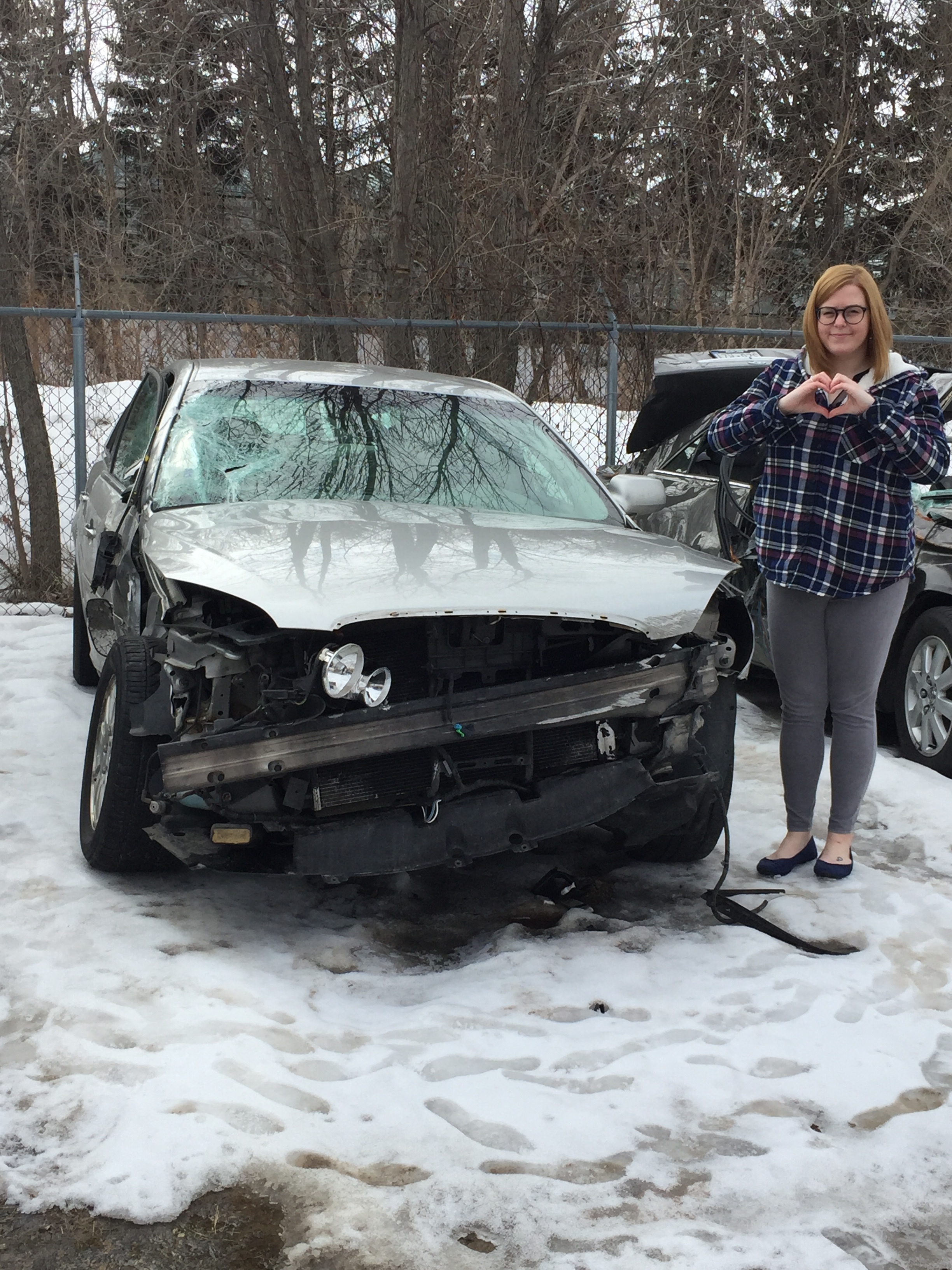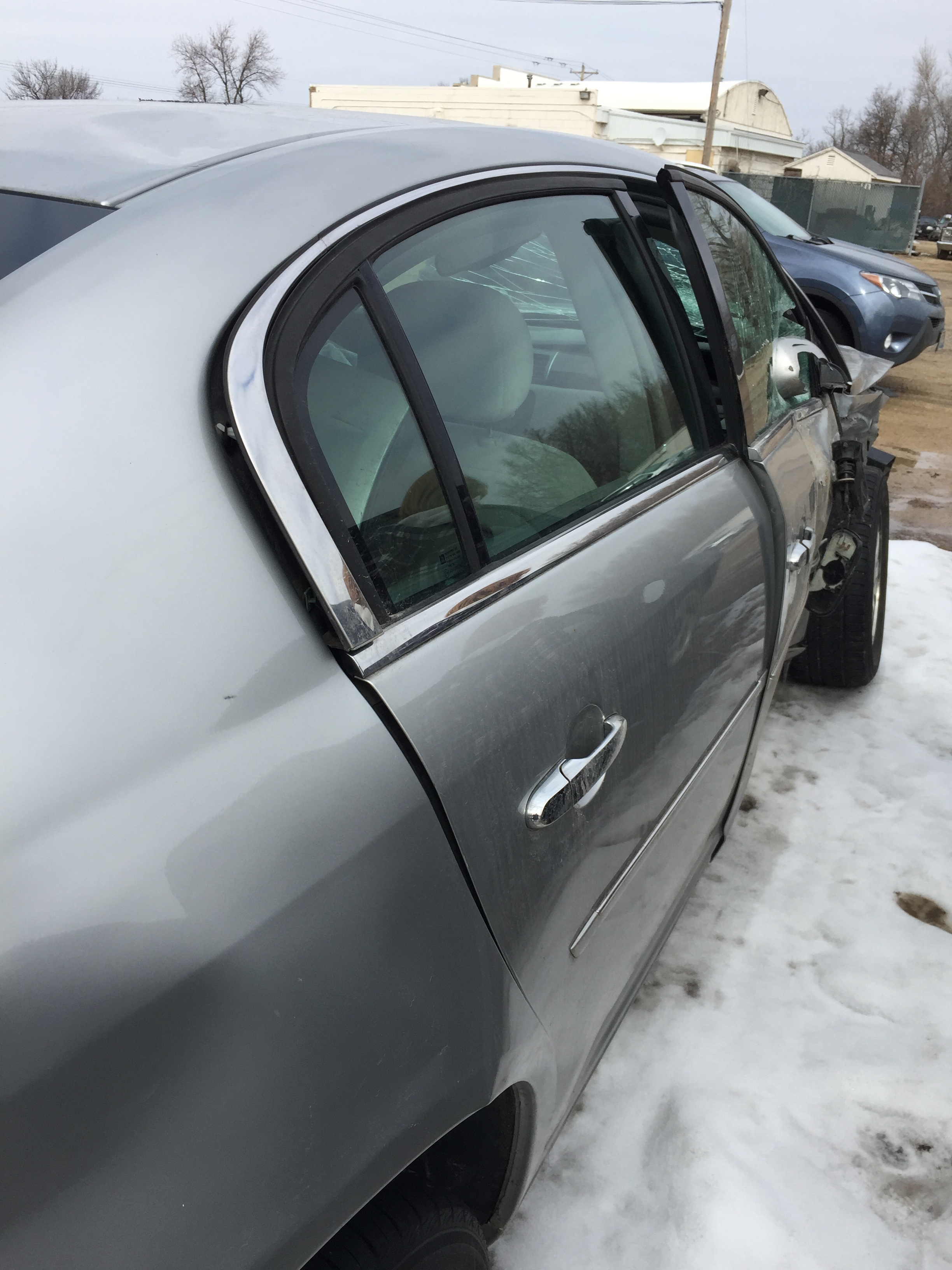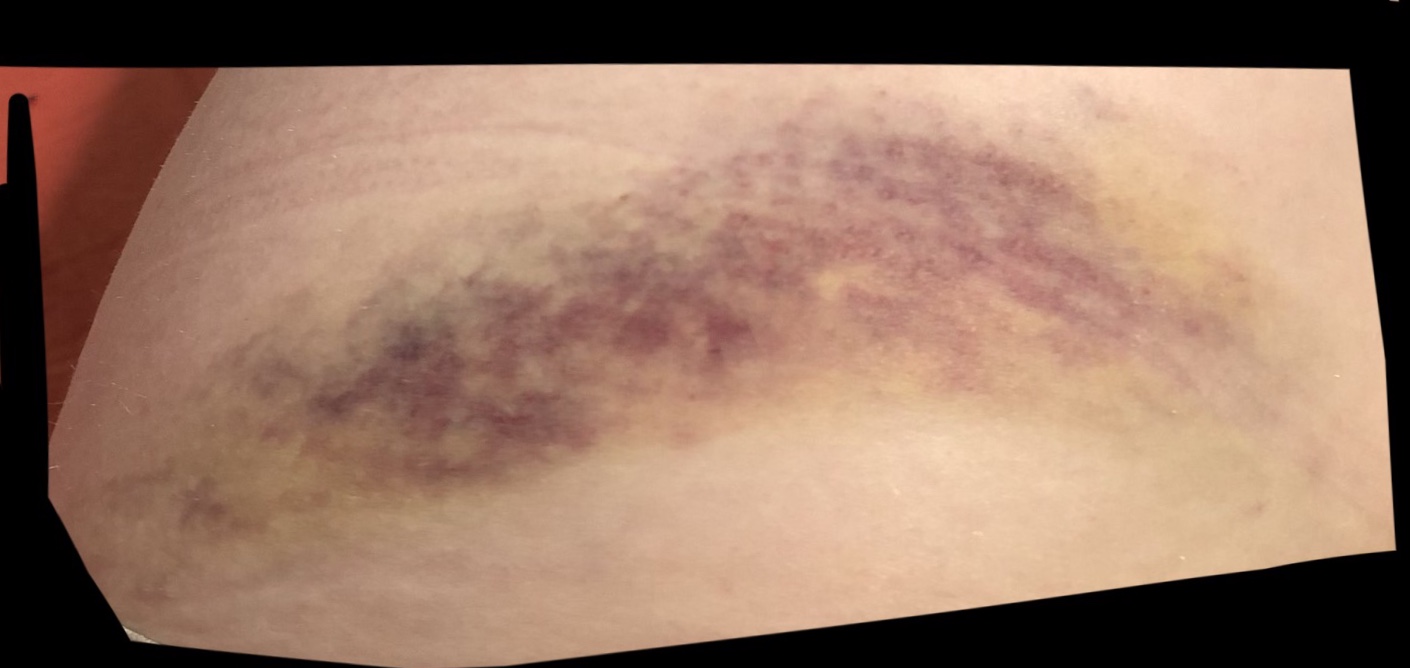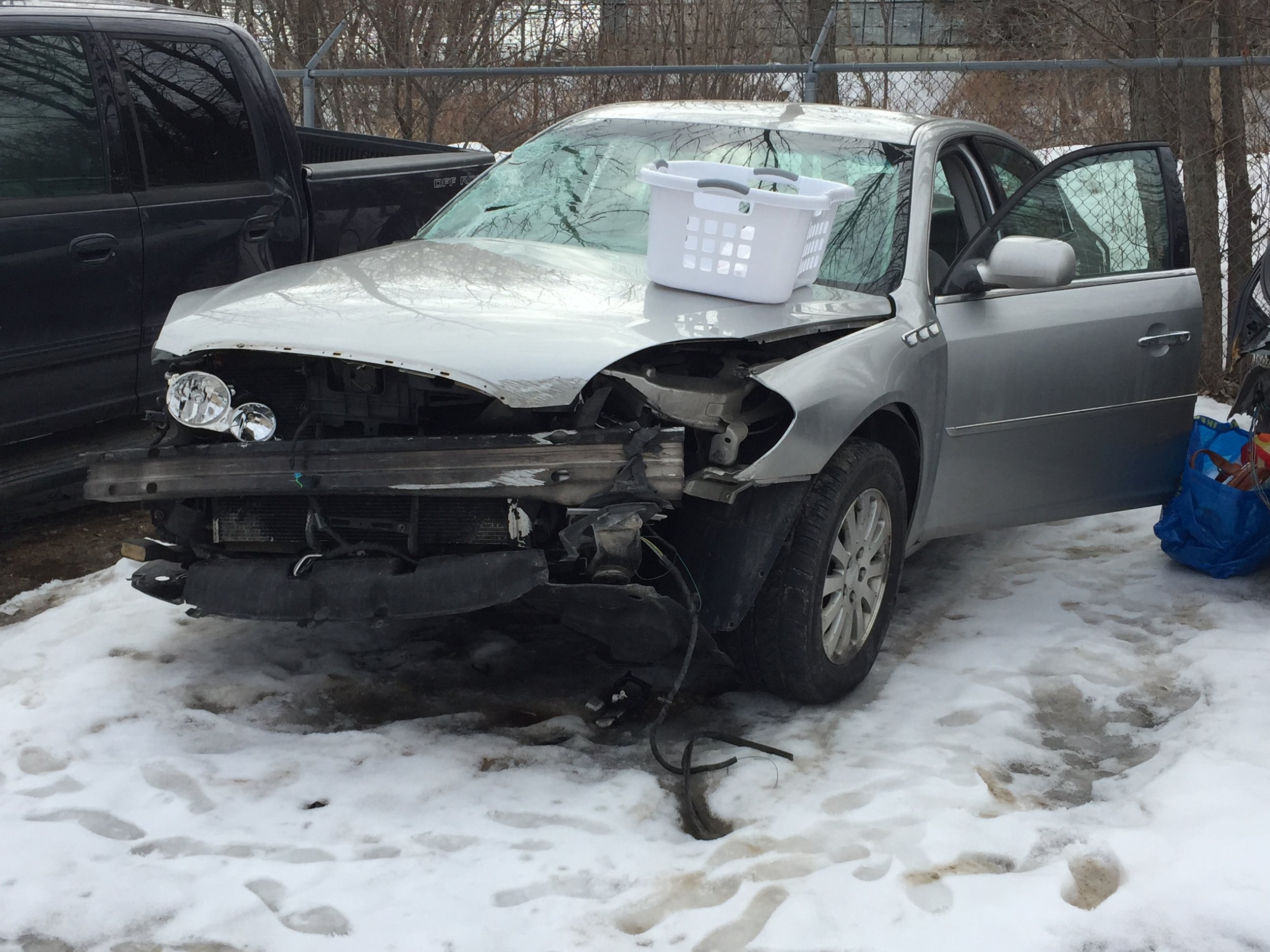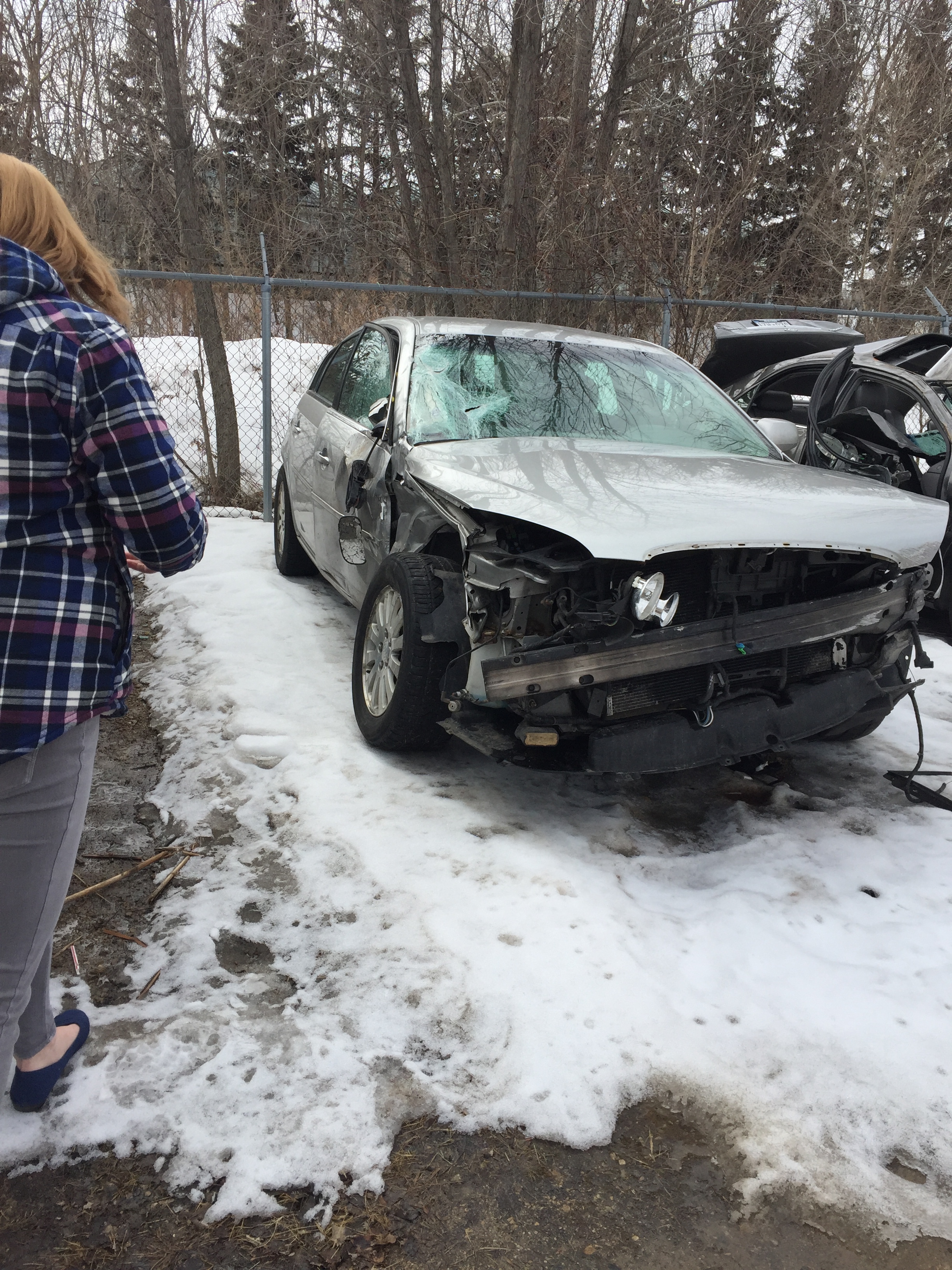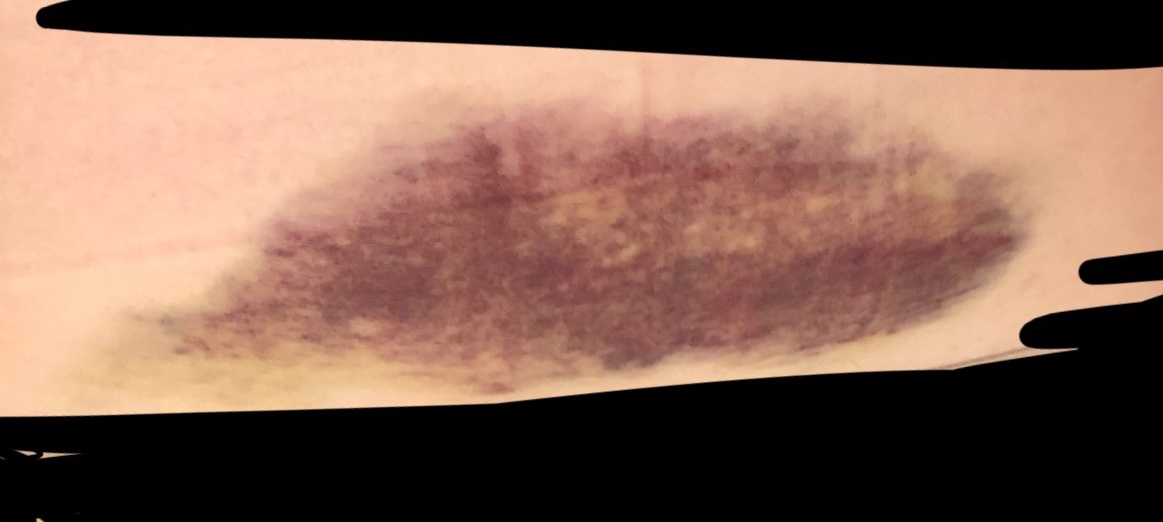A generation ends.
Three years ago, I had lunch with all of my grandparents. Today, I am grieving the loss of my last living grandparent, my Grandma Dorothy.
Grandma was, in a word, lovely. She was generally soft-spoken, but every word she said was witty, sassy, wise, or maybe even a little bit naughty ;) Here are a few memories and things I loved about my Grandma Dorothy:
She was playful. Growing up, Grandma always made time and space to play with Ian and me. We spent a lot of time together playing games with Grandma Dorothy and Grandpa Paul around their big dining room table. She loved coloring and would bring unique and intricate coloring books for us to color together. She introduced me to paper dolls as a young girl as well; I was never good at cutting them out, but Grandma was meticulous and patient. She'd cut out the clothes and accessories, and I would dress the dolls and tell her stories about them. A child at heart, Grandma also bought herself the Playmobil Victorian Mansion dollhouse and every accessory made for it in the mid-1990s. Rearranging the dollhouse and playing together was always a highlight for me, for years.
Grandma was progressive. As a kid, we didn't talk about politics in my house much, but I always knew exactly what Grandma believed. She was Paul Wellstone's biggest fan; she kept a massive Wellstone yard sign in her house for years even after he passed away. She believed in service and helping others; as her hero Paul Wellstone would say, "We all do better when we all do better." As I grew older and more politically aware, I enjoyed having conversations with her about her own beliefs, and was proud that she was such a progressive, social justice-oriented human and influence in my life.
Grandma was festive. She would go all out for every holiday, following a theme for every aspect of holiday gatherings from napkins and table decorations to using cookie cutters to shape nearly every food item into something holiday-related. I'll never forget her 4th of July parties. She would get us all the annual Old Navy 4th of July tees (IYKYK) and we'd have an all-American meal featuring star-shaped watermelon, star-shaped cheese slices for our burgers, and star-shaped cookies for dessert.
Grandma was creative. She played the piano and trumpet, and picked up the flute in her 60s; I used to give her flute lessons when I was in middle school!! I remember being a very little girl, probably around 4-5 years old, sitting with her at her grand piano, learning to play songs together. Grandma also took up cake decorating later in her life and would make the most gorgeous, intricate cakes. When Ian and I were in high school theater, she would come to school and sketch the set for our shows so that she could create a cake for our cast parties that matched the set. My favorite was the 50's diner she made for our production of "Bus Stop" that included checkerboard layers of cake. She also sewed, a LOT. She worked for a fabric store for a while and had boxes upon boxes of fabrics. When I was a little girl, Grandma would often sew me beautiful, frilly dresses with coordinating pinafores and bloomers. When I was about 3 years old, she gifted me a life-size doll and made matching outfits for both me and my new doll.
Grandma was proud of her heritage. She honored her Scandinavian mother in her love of making lefse, including starting a huge lefse bake at our family's church with a few of her friends, a tradition that has continued on for decades. We spent countless hours around the holidays making - and eating - lefse together as well. Grandma and Grandpa Paul both had Scottish heritage on their fathers' sides as well, and took Ian and me to the Scottish Fair every year. They taught us about our family tartans, introduced us to Scottish dance and Highland games, and made us shortbread and Scotch eggs.
Grandma passed away peacefully on Monday morning. I am so grateful for all of these years we got to share together. Grandma's playfulness will remind me that it is okay for grownups to tend to their inner child and, well, PLAY. Grandma's progressive spirit will inspire me to continue engaging politically, even if is not easy. Grandma's joy around celebrations will give me energy to celebrate even the small things, and to create positive memories for the little ones I love in my life. Grandma's creativity and lifelong "hobbying" will inspire me to keep engaging in my own creative hobbies and to keep trying new activities. Grandma's pride in her heritage will keep me grounded in learning the history of my own ancestors, however uncomfortable or fascinating that history may be, and to reconnect me with my own ethnic background.
Until we meet again, Grandma Dorothy. 💜



